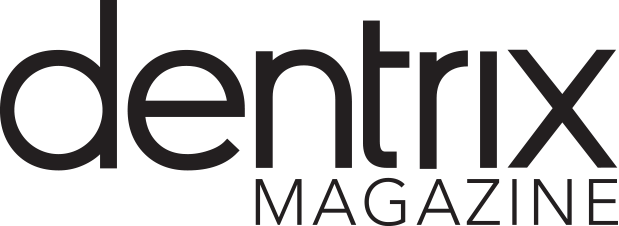There’s a lot that goes into having a successful, productive patient appointment. Follow these suggestions of what you can do to prepare at four key time periods before the patient arrives.
Being prepared for each patient appointment can result in more successful days. Here are some general guidelines I recommend:
The Week Before the Appointment
One week prior to appointments, verify dental insurance for new patients and any existing patient whose insurance has not been verified in the last six months. This is important even for your established patients because they may have seen a specialist and not be eligible for an exam at your office, or they may have used some of their annual maximum. To avoid unpleasant financial surprises for the patient and unpaid balances to your office, contact patients and provide them with an estimate for their upcoming appointment once you’ve verified their insurance coverage. That way they can be financially prepared.
Two Days Before the Appointment
Two days before the appointment, confirm all patient appointments. Always make sure that you receive confirmation either by phone or by text message from the patient that they plan to keep their appointment. If you don’t receive confirmation, you can re-confirm the day prior to their appointment. Dentrix Patient Engage provides tools for patient communication including appointment confirmation by text, email, or automated phone call.
At least two days before their appointment, have all new patients fill out new patient forms and questionnaires including their health history. Patient Engage offers options for online patient forms which upload into Dentrix, so new patient forms can easily be filled out prior to the patient’s appointment. By having patients update their health history, it helps to eliminate surprises such as the need to pre-medicate or knowing whether they take a blood thinner. If you aren’t aware of these medical conditions prior to the patient’s appointment, it could result in having to cancel their appointment at the last minute and the office losing production.
The Day Before the Appointment
Review all patient charts for appointments the following day. Do those patients have outstanding treatment plans? Is there a way to work some of their treatment-planned procedures into their scheduled appointment? By doing so, you could not only help to maximize your schedule, but increase your production as well. You could also save the patient the need to schedule an additional appointment. For recall appointments, check if the patients are due for X-rays. This can increase production and the opportunity for the doctor to diagnose any additional necessary treatment.
Print the Daily Huddle Report for the next day. Include the Scheduled Patient Summary, so you can identify patients with missing information in Dentrix, such as cell phone numbers or email addresses. You can also use the report to find patients with an outstanding lab case. You can include patients on the report who have a balance over a selected dollar amount. If you want to include all patients with an outstanding balance, change the account balance over amount to $0.01. By having an easily accessible list of all the patients with an outstanding balance due, the administrative team will know which patients they need to collect from. They may want to meet with patients that have larger outstanding balances prior to the patients being taken back for their appointment. That is something that could be communicated from the administrative team to the clinical team during the morning meeting. When printing the Daily Huddle Report you can also print Patient Route Slips or Patient Visit Forms to be prepared for the next day.
The Morning of the Appointment
On the day of the appointment, have a quick fifteen-minute meeting with your team to discuss the upcoming day. You can briefly discuss production and collections goals and how the office is tracking in relation to those goals. Talk about scheduling challenges such as missed appointments and unfilled hours. You can discuss health histories for new and established patients during your morning meeting as well. That way the clinical team will know of any special needs or precautions such as pre-medications or a latex allergy.
Take time now to prepare for upcoming patient appointments. There are little things you can do each day to prepare. Use this article as a guide for what to plan for each day leading up to an appointment. What patient medical conditions should the clinical team be aware of? Which patients have a large balance that the administrative team may need to address with the patient before the clinical team takes them back? How can you maximize production by adding any additional treatment-planned procedures to appointments that day? By being properly prepared, you can set your practice up for success!
Learn More
For additional information, read the following :
- 4 Ways to Use Dentrix Route Slips for a Highly Effective Morning Huddle
- Route Slips or Patient Visit Forms? Which is Right for Your Office?
- Allow Patients to Fill Out Forms Online
- 6 Tips for Confirming Patient Appointments
- The Scheduled Patient Summary in the Daily Huddle Report

By Charlotte Skaggs
Certified Dentrix Trainer and The Dentrix Office Manager columnist
Charlotte Skaggs is the founder of Vector Dental Consulting LLC, a practice management firm focused on taking offices to the next level. Charlotte co-owned and managed a successful dental practice with her husband for 17 years. She has a unique approach to consulting based on the perspective of a practice owner. Charlotte has been using Dentrix for over 20 years and is a certified Dentrix trainer. Contact Charlotte at [email protected].





